Dark Forest hypothesis: fiction or law of the space jungle?
15th Nov 2023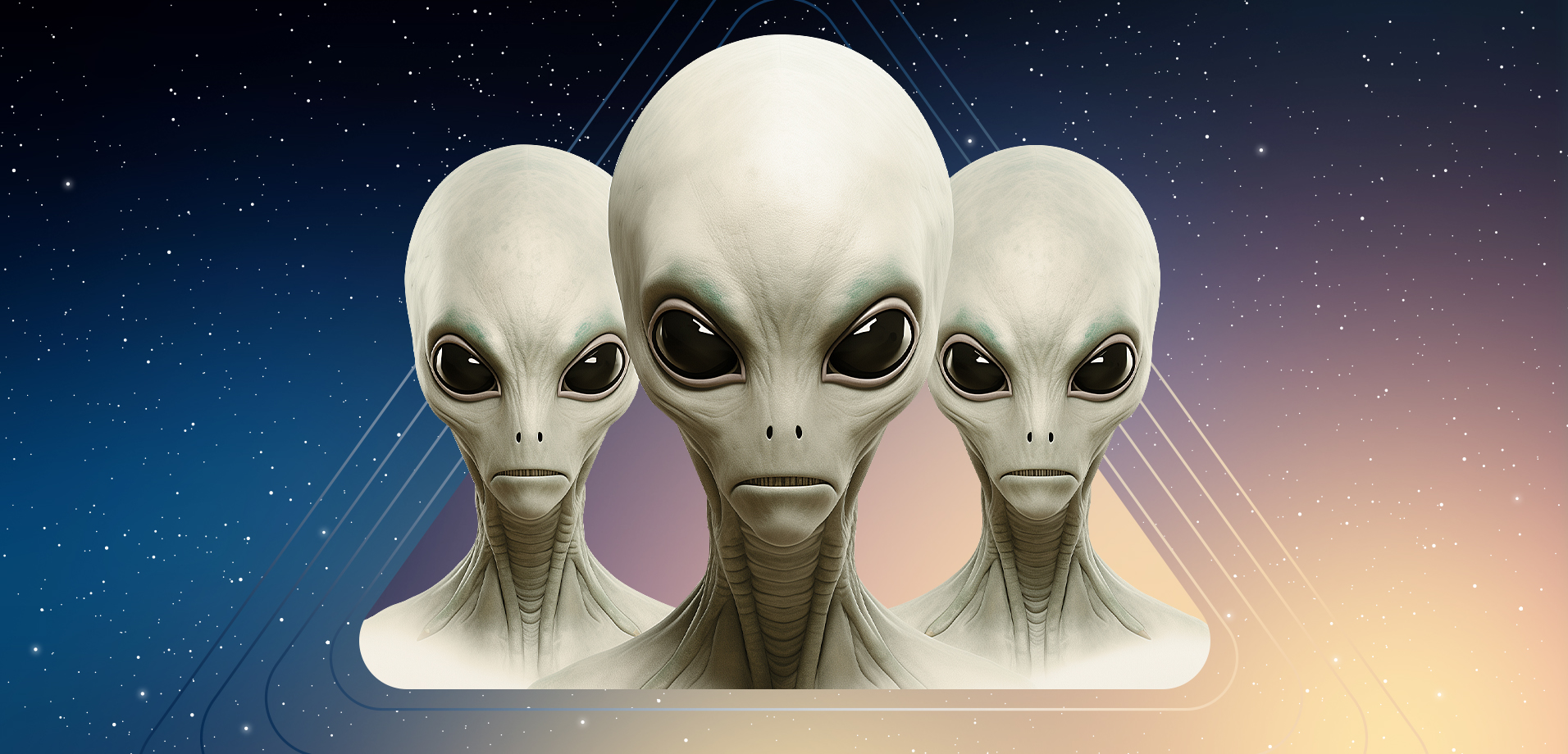
According to the Dark Forest hypothesis, humanity has not yet come into contact with aliens because they deliberately avoid us. It sounds incredible, but what if it’s truly so, and this hypothesis makes a valid point?
People have always dreamed of meeting alien civilizations. Almost as soon as we learned to fly into space, we rushed to send them a message in the form of the Golden Record on board the Voyager probe, hoping that it would be found and deciphered. After 46 years, this has not happened, but if we think of it — is it worth getting upset about? The idea’s supporters would say no, and not just them. In H.G. Wells’s novel The War of the Worlds, written 60 years before the first space flight and over a century before the Dark Forest hypothesis emerged, humanity’s encounter with the Martians turned into a bloodbath. Although the space invaders were eventually defeated, we remember that it was pure luck on the people’s part — they were saved by ordinary terrestrial bacteria for which the Martian immune system was not prepared.
What if our real long-awaited meeting with an alien race also turns out to be unfriendly (to put it mildly), and we should be glad that it is still being postponed? Now, imagine that there are thousands of civilizations like us in the Universe, and many of them adhere to the same concept. Dark forest concept? Still interested? Then, we continue.
Dark forest hypothesis and its origin
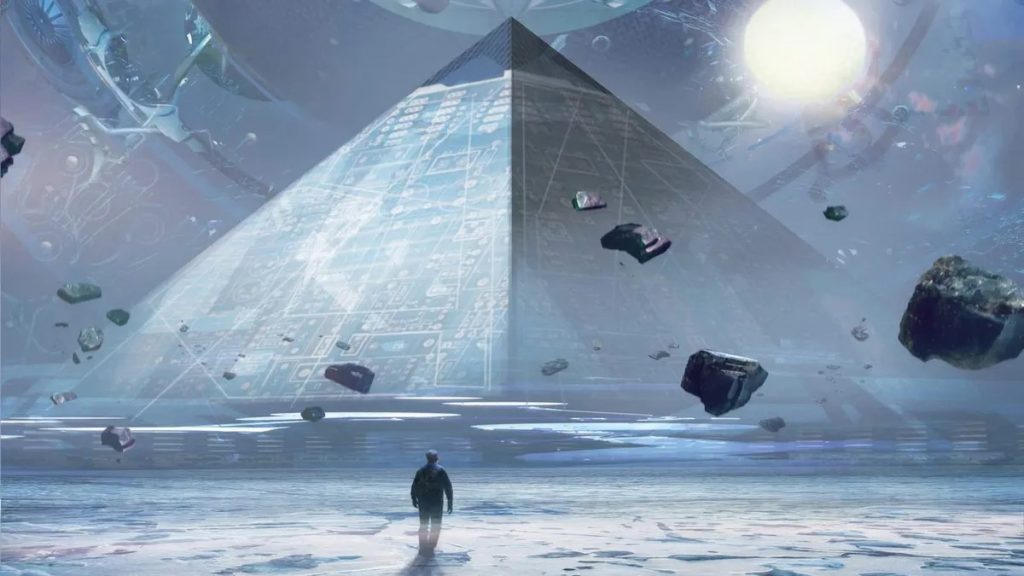
The Dark Foresthypothesis is based on the science fiction trilogy Remembrance of Earth’s Past (2006-2010) by Chinese writer Liu Cixin. Dark Forest is the second part of the trilogy and the continuation of the novel The Three-Body Problem, based on which the Netflix sci-fi series was recently filmed.
In the story that started the dark forest hypothesis discussion, China launches the top-secret Red Beach project, the goal of which is to search for extraterrestrial civilizations using a huge radio telescope and sending radio signals into space. In response, earthlings receive a message from the Trisolaran alien race, requesting to never make contact again for the sake of the Earth’s safety. But people do not heed this warning, and then the Trisolarans send a space fleet to conquer the solar system.
Liu Cixin compares the Universe to the Dark Forest and each civilization to a hunter who must be careful and quiet not to give himself away because the forest is full of other hunters. And if one hunter meets another, then most likely, there will be a fight, and they will try to kill each other.
The writer also explains that the resources of the Universe are limited, and civilizations will strive to capture those resources first and destroy competitors. The survival of the species is at stake, and there is no chance of any friendship between the worlds. As in any ecosystem, natural selection also occurs in the Universe, where the fittest survive. And as long as species remain inconspicuous, they have a better chance of surviving. The dark forest is a good analogy to explain this.
The idea of Dark Forest aliens was supported by many science fiction writers. The late Stephen Hawking also understood the danger of meeting alien species and spoke against attempts to seek contact with aliens, considering such an attempt almost suicidal. Imagine standing unarmed in a forest full of wild animals and shouting: “Hey, here I am, come here, everyone.” Humanity basically does the same by sending radio signals and Golden Records into space.
Is the Dark Forest hypothesis plausible?
The Dark Forest hypothesis has no scientific confirmation, but Liu Cixin’s argument, set out in The Three-Body Problem, looks quite convincing:
- All living things strive to survive.
- There is no way to predict whether other life forms could destroy you if given a chance.
- Since there are no guarantees, the safest option for any species is to destroy another species before the other species have a chance to do the same.
If this idea is so reasonable, you may ask — why don’t other, more developed races fly to Earth to destroy us? Perhaps they simply do not see any point in this; for example, our resources are of no interest to them, or these resources are so insignificant that a flight to Earth through tens or hundreds of light years would be irrational. Or, this race could expose itself by flying here, and another, more superior race would start hunting them.
However, this First Contact Paranoia still has one significant flaw. All arguments are based on a condition implying that other species have the same level of risk aversion and reasoning process as humanity. But do they? One can only guess. But from a human psychology perspective, the logic behind the Dark Forest does look reasonable.
The Dark forest hypothesis for the Fermi paradox
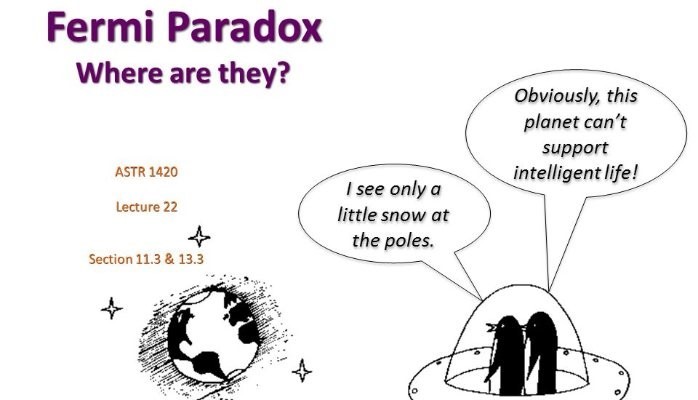
Even though the Dark Forest hypothesis does not go beyond literary fiction, many, including its creator Liu Cixin, consider it a possible solution to the Fermi Paradox.
Italian physicist Enrico Fermi was one of the first to try to explain our solitude in the Universe. His reasoning was different, though: “We have the technology to receive and send signals into space, and there are planets in relative proximity to us that, in theory, are suitable for life. If we take into account the fact that the Universe is expanding, then we can see all 46 billion light years in all directions. So where is everyone?” asked Fermi.
Notably, some people misinterpreted the Fermi paradox. The scientist never claimed that aliens do not exist; he only suggested that we do not yet have enough technology to establish contact with them at such a vast distance. Or, as the Dark Forest hypothesis explained, aliens deliberately avoid contact with us so as not to provoke the threat of extermination.
Final thoughts
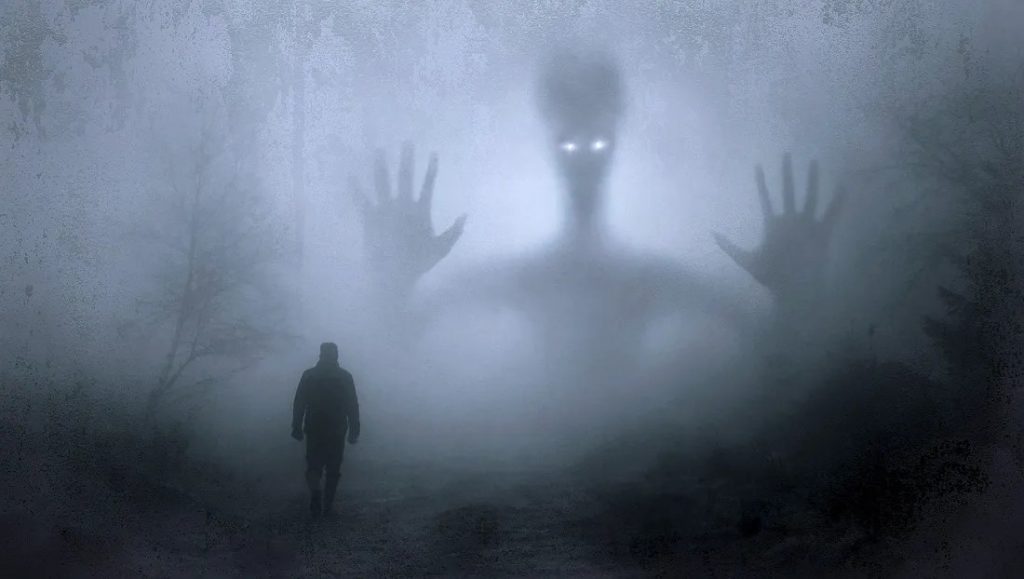
In H.G. Wells’s War of the Worlds, written 109 years before Cixin’s concept, the Martians were much stronger and more technologically advanced than the earthlings, and humanity survived only by a miracle. The Dark Forest hypothesis asks a logical question: is it worth tempting fate in search of alien races who, should they visit us, would most likely turn out to be much more advanced? The answer is obvious, but it hardly solves anything. The message has been sent, and one can only hope that some friendly civilization will receive it and… ignore it.
Sources:
- https://warwick.ac.uk/fac/sci/physics/research/astro/people/stanway/sciencefiction/cosmicstories/the_dark_forest/
- https://en.wikipedia.org/wiki/The_Three-Body_Problem_(novel)
- https://www.iflscience.com/the-unsettling-explanation-of-the-dark-forest-hypothesis-why-aliens-havent-made-contact-69841
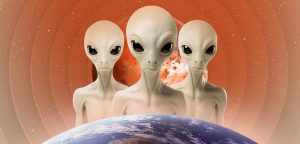





Thank you for your comment! It will be visible on the site after moderation.